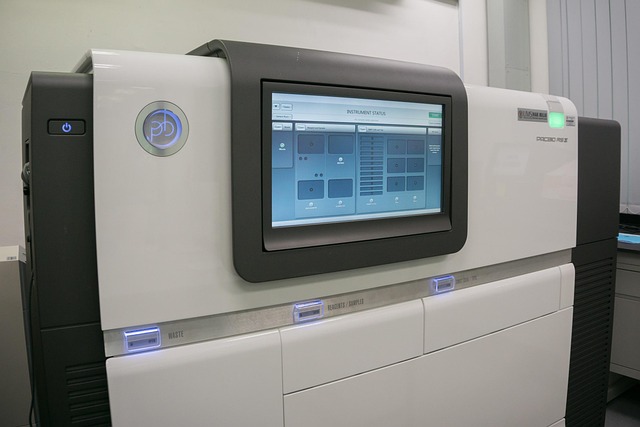Technological Innovations in Sequencing
The field of genomics is witnessing a revolution, spearheaded by groundbreaking sequencing technologies that promise to reshape our understanding of genetics and its implications for health. Next-generation sequencing (NGS) has emerged as a game changer, enabling rapid, cost-effective analysis of entire genomes. This technological advancement has democratized access to genetic information, making it possible for researchers and healthcare professionals to sequence DNA with unprecedented speed and accuracy.
One of the most exciting developments in this realm is the advent of portable sequencers. Imagine being able to sequence a genome in real-time, outside of a traditional lab setting. This innovation is not just a theoretical possibility; devices like the MinION from Oxford Nanopore Technologies are making waves by allowing field scientists to conduct genomic research in remote areas, providing valuable insights into biodiversity and health trends in various populations.
Health Innovations in Sequencing
In the health sector, the implications of advanced sequencing technologies are vast. Precision medicine, which tailors treatment to the individual’s genetic makeup, is becoming increasingly mainstream, thanks to improved access to genomic data. By understanding the specific variations in a person’s DNA, healthcare providers can offer more personalized and effective treatments, particularly in areas like oncology, where targeted therapies are revolutionizing cancer care.
Furthermore, sequencing has played a critical role in the response to infectious diseases. During the COVID-19 pandemic, genomic sequencing was essential in tracking virus mutations and spread. Rapid sequencing efforts allowed public health officials to efficiently monitor variants, helping to guide policy decisions and vaccine development. This not only highlights the impact of genomics on immediate health challenges but also sets a precedent for how we approach future pandemics.
As we continue to explore the potential of sequencing technology, the integration of artificial intelligence (AI) into genomic analysis is another area ripe for innovation. AI algorithms are increasingly being used to interpret complex genetic data, predicting disease risk and suggesting preventive strategies. This fusion of technology and genomics paves the way for a future where individuals may receive proactive health recommendations based on their unique genetic profiles.
There’s also an expanding focus on ethical considerations in genomic research. As access to sequencing becomes more widespread, so do concerns about privacy and potential misuse of genetic information. It is crucial for healthcare providers and researchers to engage in dialogue about these issues, ensuring that the benefits of genomic knowledge are balanced with responsible stewardship of sensitive data.
Ultimately, the future of sequencing holds incredible potential. With advancements in technology and a stronger emphasis on health innovations, we stand at the brink of a new era in medicine and research. As we embrace these changes, it is essential to remain vigilant, considering the implications of these developments on society as a whole.



